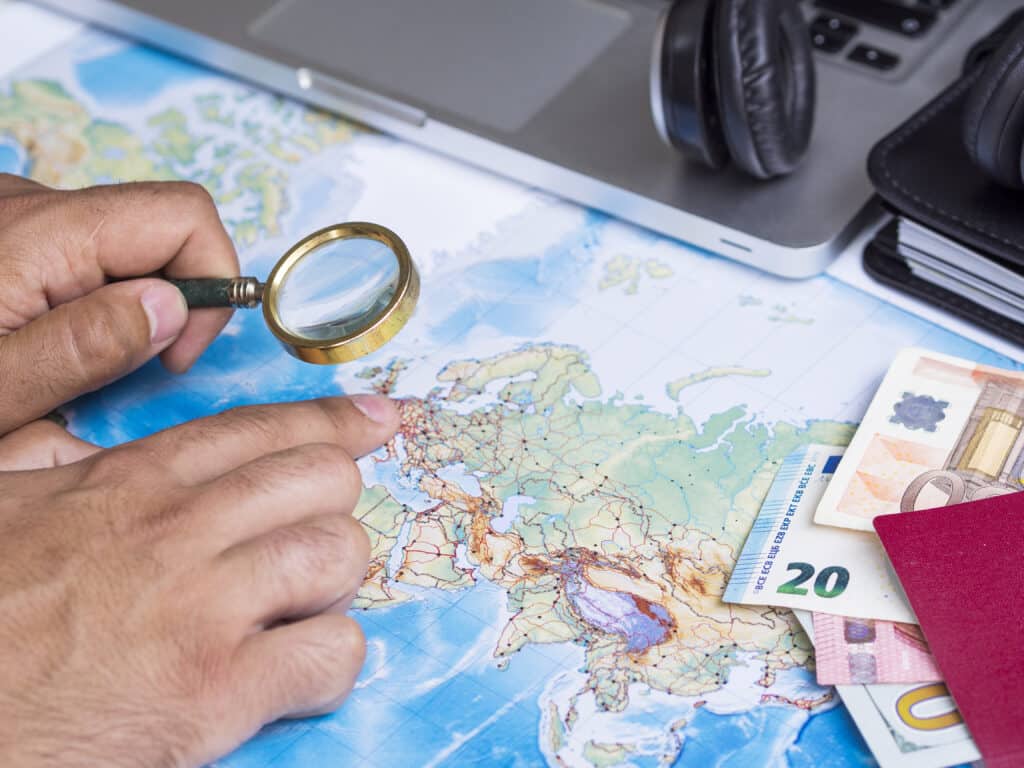Sending money abroad: what do you need to know?

Sending money abroad is an increasingly common practice in a globalized world. In this context, it is essential to explore the various options available for making international transfers, taking into account factors such as fees, processing speed and transaction security. In today’s article, we’ll look at the various ways of sending money abroad, highlighting the advantages and challenges of each method so that readers can make informed and efficient decisions in international financial transactions. Fees for sending money abroad can include several components, including exchange rate, SWIFT fee, and IOF (Tax on Financial Operations, in the Brazilian context).
Currency fluctuations: how can you protect yourself?

Daily fluctuations in exchange rates play an important role in the performance of your investments, having a direct impact on the valuation of your portfolio. When the local currency weakens against the purchasing currency, the portfolio loses value, and vice versa. Given this scenario, the question arises of how to protect your stock market investments against exchange rate risks, allowing you to continue investing without being overly affected by currency fluctuations.
Drex: what is Brazil's new digital currency and how will it work?

In response to the growing global demand for a more digital and efficient business environment, the Central Bank of Brazil (BC) has announced the launch of the Drex, the digital Real. It should come into effect from 2024.
International wire transfer: what is it and how to do it?

If you do business with international clients, you probably need to send and/or receive money on a global scale. Although there are several traditional methods for sending and receiving money internationally, the most efficient and secure way to transfer funds between countries is through an international wire transfer.






